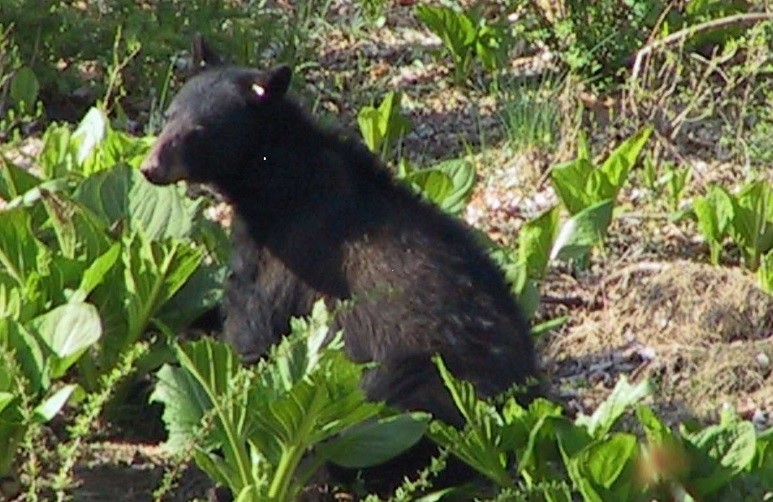|
FOR IMMEDIATE RELEASE |
Contact: Lawrence Hajna (609) 984-1795 |
|
DEP’S DIVISION OF FISH AND WILDLIFE OFFERS SAFETY TIPS AS BLACK (18/P035) TRENTON – The Department of Environmental Protection’s Division of Fish and Wildlife is providing property owners and outdoor enthusiasts with safety tips as black bears search for food after emerging from winter dens. “At this time of year, it is important for residents who live in New Jersey’s bear country to be aware of some steps they can follow to reduce the chances of a bear coming onto their properties,” said Assistant Commissioner for Natural and Historic Resources Ray Bukowski. “It is also a good time for anyone who spends time outdoors to become familiar with ways to stay safe.”
Bears are not true hibernators but enter a state of winter dormancy known as torpor. During torpor they may lose up to 20 percent of their body weight. They need to restore this weight for the mating season, which begins in late May and continues well into summer. One of their primary natural food sources in spring is skunk cabbage, a leafy plant that grows along edges of rivers, streams and wetlands. Other natural food sources include grasses, forbs, tubers, bulbs and insects. They may also feed on carrion. Bears have an acute sense of smell and can detect scents over great distances, so great care must be taken to prevent bears from being attracted to other food sources around properties, such as trash, food residue on grills, bird seed and pet food. “Although bears are by nature wary of people, animals attracted to neighborhoods may learn to associate people with food,” said Division of Fish and Wildlife Director Larry Herrighty. “These animals may become nuisance bears that may cause property damage or seek handouts from people.” Intentional feeding of a bear is dangerous and illegal and carries a fine of up to $1,000. The Division of Fish and Wildlife offers the following tips for property owners to minimize encounters with bears:
If you encounter a black bear in your neighborhood or outdoors while hiking, fishing or camping, follow these safety tips:
DEP wildlife experts emphasize that a black bear simply passing through an area and not causing a specific problem, such as breaking into trash or otherwise trying to access food sources on people’s properties or posing a safety threat, should be left alone. People should leave the area and allow the bear to continue on its way. When frightened, bears may seek refuge by climbing trees. If the bear does go up a tree, clear the area and give the bear time to climb down and escape. Report bear damage, nuisance behavior or aggressive bears to the Wildlife Control Unit of the DEP’s Division of Fish and Wildlife at (908) 735-8793. During evenings and weekends, residents should call the local police department or the DEP Hotline at 877-WARN-DEP (877-927-6337) To learn more about New Jersey’s black bears, visit www.njfishandwildlife.com/bearfacts.htm. DEP PHOTO/Bear in skunk cabbage ### |
|
 Black bears have been sighted in all of New Jersey’s 21 counties but the population is most dense in the northwestern counties of Sussex, Warren, Passaic and Morris.
Black bears have been sighted in all of New Jersey’s 21 counties but the population is most dense in the northwestern counties of Sussex, Warren, Passaic and Morris.